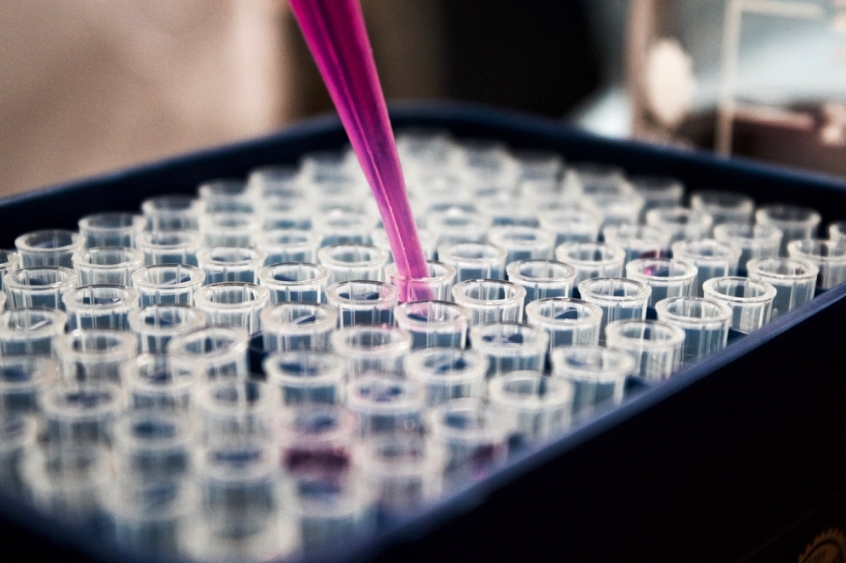
Stephen Hawking and Richard Dawkins may not be alone in their atheism as new research has found that nearly half of the UK's scientists do not believe in God.
Researchers at Rice University, Baruch College and West Virginia University wanted to find out if there were differences in levels of faith between academic scientists and the rest of the population.
The study also examined the differences in belief between scientists at more and less prestigious universities.
It found that those in elite science departments were more likely to be non-believers, being twice as likely as their non-elite peers to have never attended religious services.
And overall, academic scientists in the UK were found to be more atheist than the rest of the population. The researchers found that while only 18 per cent of the general population said they did not believe in God, this was far higher among scientists at 45 per cent.
Lead author Elaine Howard Ecklund, director of Rice's Religion and Public Life Program, said the prevalence of atheism among elite university scientists may be the result of cultural pressures.
'Individuals who are at the most elite institutions may disproportionately feel the cultural pressure to secularise,' she said.
'So, if those methods and mindset are inherently in conflict with religion, then these successful scientists would experience the greatest erosion of religious faith.
'This distinction could have an impact on how the public views scientists, in a national context where some minority groups are bringing challenges to teaching evolutionary theory, for example.
'Elite scientists might express less religiosity because they assume that, as elite scientists, they are supposed to be or need to be less religious to fit a professional ideal.
'Because they might already be on the fringes of that professional ideal in the first place, nonelite scientists may feel less social and cultural pressure to further conform to it.'
Study co-author Jared Peifer, from Baruch College's Zicklin School of Business, said there may be a concern among some scientists that being religious 'would violate some professional norm'.
Ecklund added: 'This norm might result from the history of public conflict surrounding issues like evolution and human embryonic stem cell research, which are most clearly connected to the biological sciences.'
A previous study this year by Ecklund and West Virginia University's Christopher Scheitle found that 40.4 per cent of Protestant scientists and 63.6 per cent of Muslim scientists in the US reported experiencing religious discrimination in their field of work.
'There is often an assumption among scientists that everyone is irreligious,' Scheitle said.
'While it is true that academic scientists are, on average, less religious than the general public, religious scientists do exist and they are working in an environment where they might be seen as or at least feel like outsiders.'













